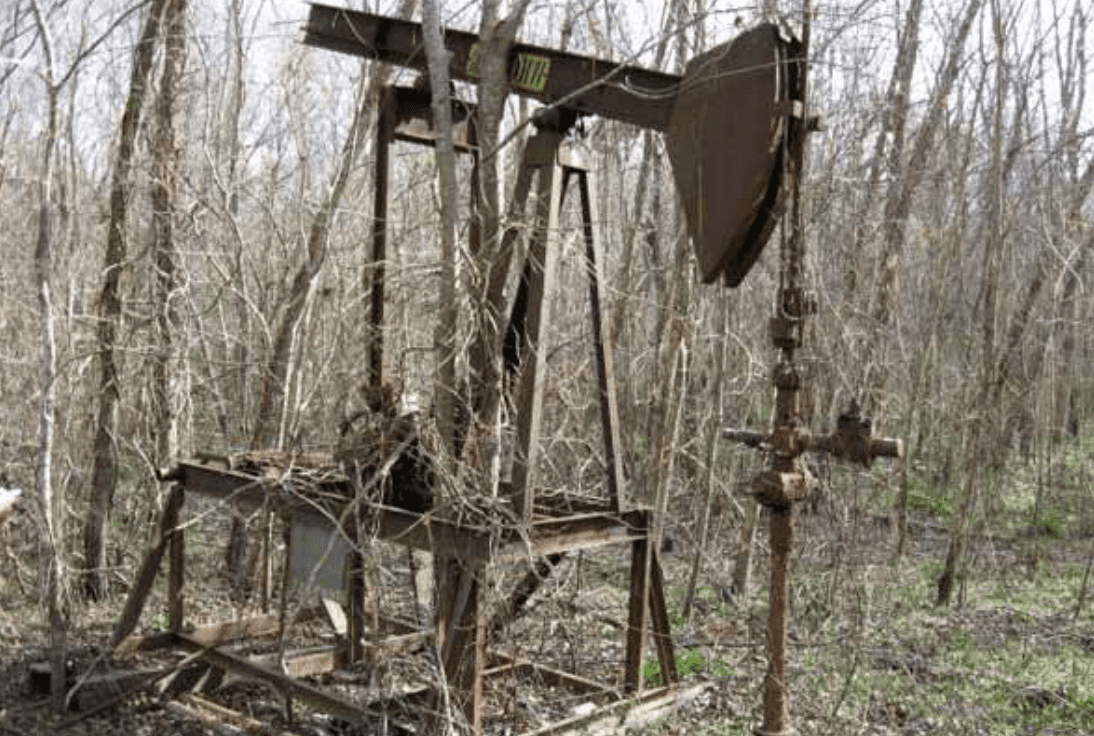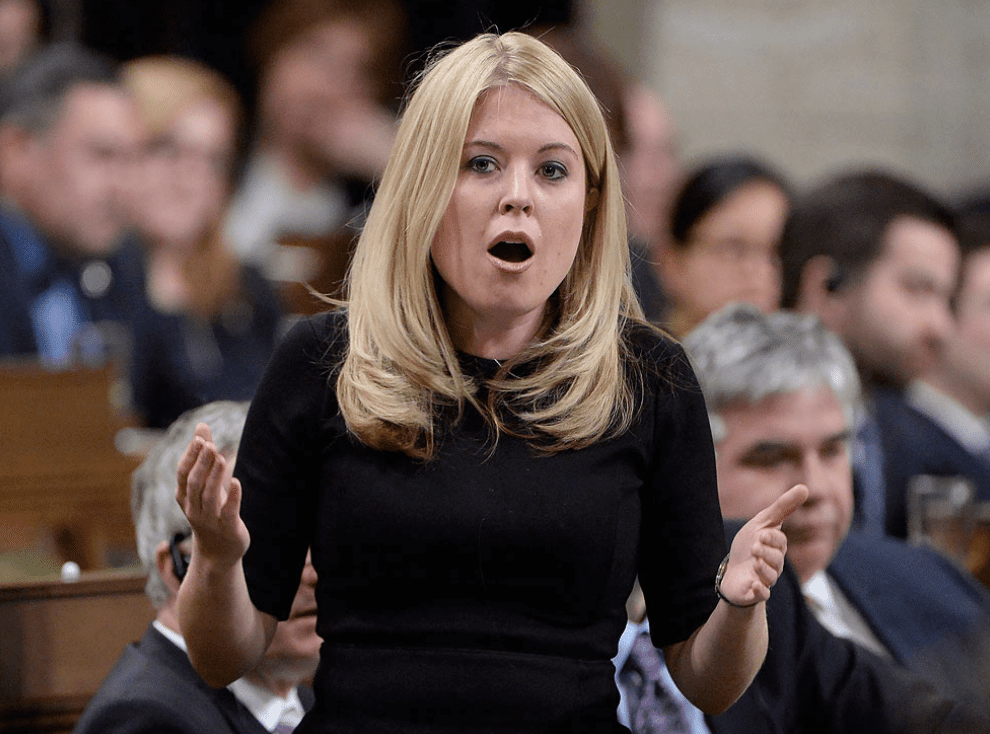'Dirty oil' is an epithet thrown around by environmentalists when referring to Alberta's oil sands.
Whether the moniker is fair or accurate is debatable.
But there is a more conventional oil and gas industry cleanup required in the province. The Supreme Court of Canada recently supplied a new broom to help, but it will take political and industrial will, money and elbow grease to actually sweep away the sad legacy of orphan and abandoned wells in the province.
The Supreme Court decision at the end of January overturned earlier Alberta court decisions which allowed creditors to proceed with claims on bankrupt resource companies before money would be expended on the cleanup of the oil and gas wells.
The top court ruled that insolvency doesn't allow a company to walk away from its environmental responsibilities.
"Bankruptcy is not a licence to ignore rules, and insolvency professionals are bound by and must comply with valid provincial laws during bankruptcy," wrote Chief Justice Richard Wagner.
Orphan wells, abandoned oil and gas wells with no owner, are becoming an increasing liability for the province and the industry. The neglected wells can pose an environmental hazard to surface and groundwater and soil. If they're leaking there is also a safety hazard related to explosions and toxic gas.
Orphan well numbers have increased from less than 200 five years ago to more than 3,000.
Oil and gas companies pay into an Orphan Well Association fund to help pay for cleaning up and reclaiming derelict sites around the province. But it's not an easy or cheap process. The pump and other equipment has to be removed, the well bore filled with cement and properly capped and the site reclaimed to its original state.
Orphan wells are only the tip of the ice berg of the overall issue of inactive wells in the province. Companies can sit on inactive wells for years or sell and buy them in hopes of gas or oil prices going high enough to make marginal assets worth another look. And abandoned wells, which will never come back into play, may be plugged by their corporate owner but not fully reclaimed. A Globe and Mail investigation last year found tens of thousands of these abandoned wells languishing on the prairies.
Getting abandoned and orphaned wells reclaimed is a huge irritation for rural landowners faced with dealing with the sites for years and sometimes decades.
Alberta Energy Minister Margaret McCuaig-Boyd told reporters last week that the province is working on regulations but she wouldn't put a specific date on when those rules might appear.
"We are looking at hard targets and timelines for abandoning and closing the wells. There will be more to come on those timelines. This is a very big issue. We're taking the time. We're working with industry to come up with the rules that are going to work for everyone. We need to have tight timelines…in the past we've made it easier to just pay rent rather than cleanup."
The oil industry has welcomed the Supreme Court decision. Responsible, established players in the oil patch don't want to foot the cost of cleaning up after irresponsible fly-by-nighters. The Orphan Wells Association collects about $60 million from industry players in a year.
But the court decision only addresses a small sliver of the overall blight of abandoned wells.
In 2017 the C.D. Howe Institute estimated 155,000 of the 450,000 wells in the province "are no longer producing but not yet fully remediated."
The Institute's authors stopped short of recommending strict timelines but recommended drillers be required to post a bond covering a portion of the ultimate liability of cleanup and once the well is deemed inactive carry insurance to cover the final cost.
Alberta politicians are quick to defend the oil patch as being more environmentally sensitive than competing oil jurisdictions. But orphaned and abandoned wells are at the very core of the issue of whether the industry can reliably clean up after itself.
Will government follow through the logic of the Supreme Court decision with the necessary regulation?
The chances are slim that the NDP can actually put in place timelines or stiffer requirements for companies to deal quickly with their abandoned wells before a spring election.
And will the United Conservative Party, already beating the campaign promise of deregulation, be willing to act on the file if it wins?
The problem is as clear as a prairie blue sky over rolling farmland. It's just a matter of all the players taking their cleanup responsibilities seriously.








